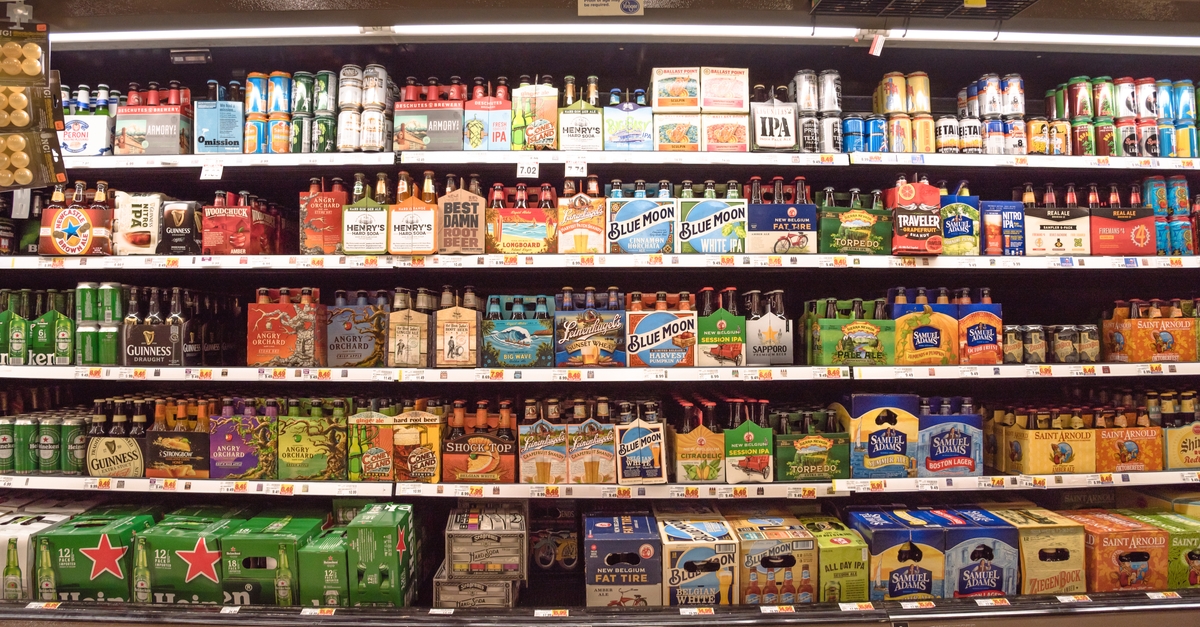It ain’t easy being a brick-and-mortar retailer in 2017.
Between changing consumer habits, evolving formats and the explosive growth of e-commerce, it’s never been more competitive.
Two recently released surveys underscore the role retailers expect beverage alcohol suppliers to play in their business, starting with open and effective communication.
“We constantly hear from retailers that they’re not looking for vendors, they’re looking for partners,” says Tom Fox, a partner with CM Profit Group, a Michigan-based retailer research and consulting firm, which conducted one of the surveys. “They’re looking for objectivity (from suppliers) and an approach that helps them solve (retailers’) problems, not just their own.”
In its annual survey of retailers, which ranks suppliers’ skills against their competitors, CM Profit found that retailers expect their vendors to clearly understand their goals and bring suggestions to help achieve them. (MillerCoors ranked atop this year’s survey, besting 27 major beverage alcohol companies and widening its favorability gap against Anheuser-Busch InBev, marking the third time in four years MillerCoors has snagged the top spot.)
Transparency in using data to develop merchandising and promotional strategies is critical in building credibility and trust. That means presenting data and statistics that may not be entirely favorable, says Tim Calkins, a marketing professor at Northwestern University’s Kellogg School of Management.
“If you walk in and say MillerCoors is the best option for every answer, the retailer will say that’s just not believable,” Calkins says. “If you want to be a credible partner, you’ve got to go in and present data that’s easy to understand, and you’ve got to present data even when it doesn’t support your solution.”
Retailers, Calkins says, are under incredible pressure to remain relevant in a world in which e-commerce continues to grab share. It’s no longer enough to keep in stock consumers’ favorite goods and use promotions selectively to drive traffic. They now need crisp strategies that appeal to targeted groups of consumers, Calkins says. For some that means creating a premium experience; for others it’s about looking at the value proposition.
Forward-looking vendors need to be able to offer more-engaging programs tailored to each retailer. “You’ve got to be looking for ways to bring more people into stores,” he says. While there’s still uncertainty and disagreement about how that will be accomplished, “we know the current model is not dynamic enough or enticing enough to keep” all of the stores in business today open.
Helping retail partners solve the traffic problem starts with understanding their needs, a second survey found. Executives and senior managers from grocers, big-box retailers and club and value stores ranked communication as the most-important attribute in their relationships with alcoholic beverage suppliers, according to the survey from Advantage Group International, which polls retailers on their experiences with vendors including some of the largest beer, wine and spirits companies that conduct business in the United States.
That was followed closely to by two related attributes: creating a climate of cooperation and trust and working together to achieve category objectives. (MillerCoors performed well in this study as well, ranking as the No. 1 beer company and the No. 2 alcohol beverage supplier overall, trailing only Chicago-based flavored malt beverage company Mike’s Hard Lemonade. ABI came in fourth, trailing California-based winemaker Trinchero Family Estates, which owns the Sutter Home label.)
“The importance of communication filters through every conversation we have with someone,” says Marc Hubbard, vice president of U.S. client service for Advantage Group. Hubbard, who led the study that included responses from just more than 1,600 respondents, also highlighted the importance of honesty and transparency, as well as the willingness to acknowledge errors and clearly communicate the steps being taken to fix them.
“Great companies are great communicators,” Hubbard says. “They’re able to tell it to you quickly and proactively, whether it’s good news or bad news.”
Among the survey’s other notable findings: Category managers are increasingly focused on how well beverage companies manage promotions and expect more discipline around new product launches. Distilled to a basic premise, this may seem like business 101: Suppliers are better off conducting 10 targeted, effective promotions rather than 100 of varying degrees of success.
“Every man and his uncle is doing product launches all the time” in today’s market, Hubbard says. Indeed, the number of alcohol beverage labels approved by the federal Alcohol and Tobacco Tax and Trade Bureau has increased to 151,279 in the 12-month period ending Aug. 8, 2017, up nearly 20 percent from 126,224 in the same period ending in 2014.
So the way to stand out among retailers and consumers is to execute, Hubbard says. “If you don’t execute on the game plan, you’re missing the opportunity to make that sale."

